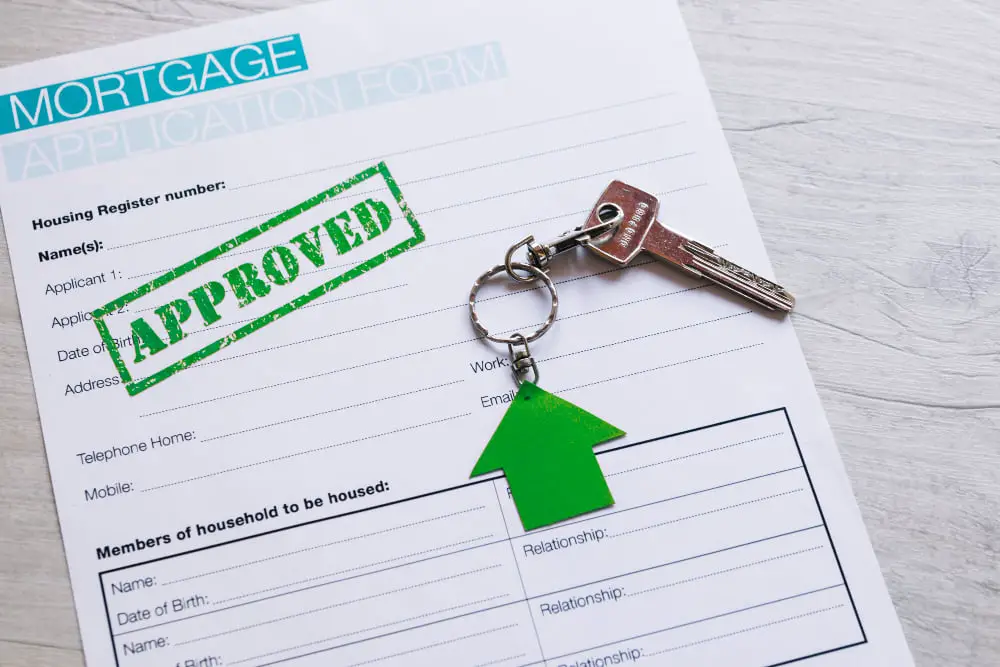Last updated on
Monthly bills for utilities, groceries, entertainment, and more can quickly add up, leaving us wondering where all our hard-earned money is going. However, the good news is that with a bit of strategy and mindfulness, there are numerous ways to trim down those expenses and save more money without sacrificing your quality of life.
So, read on to explore some practical tips and techniques to help you save on monthly bills in your household, putting you on the path to better financial stability and peace of mind.
Negotiate Bills and Shop for Better Deals

The world of monthly bills is not set in stone, and there’s often room for negotiation. Contact your service providers, such as cable, internet, and insurance companies, and inquire about any available discounts or promotions. Looking into electricity pricing across states can help you find the best deals based on location.
You might also be surprised by how willing they are to retain business by offering better deals. Additionally, regularly shop around for better rates on services like insurance, cell phone plans, and even utilities. Comparing different options can save you significant amounts over time.
Audit Your Expenses and Create a Budget

One of the most effective ways to start saving on your monthly bills is to gain a clear understanding of your current financial landscape. Begin by auditing your expenses over the past few months. Categorize your spending into essentials like rent/mortgage, utilities, groceries, and non-essentials like dining out and entertainment.
This step will provide you with a comprehensive view of where your money is going. Once you’ve done that, create a detailed budget that outlines your income and assigns limits to each spending category. This budget will serve as your financial roadmap, helping you identify areas where you can cut back.
Embrace Energy and Resource Efficiency

Conserving resources not only benefits the environment but also your wallet. Implement energy-efficient practices in your home, such as using LED bulbs, unplugging electronics when not in use, and adjusting your thermostat wisely.
These small changes can lead to substantial reductions in your energy bills. Similarly, be mindful of water usage by fixing leaks promptly and installing water-saving fixtures. Cutting down on wasteful habits will not only reduce your bills but also contribute to a more sustainable future.
Meal Planning and Economical Living

Grocery bills can be a major contributor to monthly expenses. Combat this by adopting smart meal planning and economical living strategies. Plan your meals for the week ahead, create shopping lists based on those plans, and avoid impulsive purchases.
Buying in bulk for non-perishable items and using coupons or cashback apps can further stretch your grocery budget. Additionally, practice mindful spending in other areas of your life. Consider borrowing books and movies from the library instead of purchasing them, and explore free or low-cost local entertainment options.
Cut Down on Entertainment Expenses
Entertainment costs, such as streaming services, movie tickets, and recreational activities, can accumulate quickly. To save on these expenses, consider cutting back on subscriptions you don’t use frequently. Evaluate whether you really need multiple streaming services and opt for more affordable plans.
Additionally, look for free or low-cost local events and activities, such as community festivals, outdoor concerts, and hiking trails. Engaging in inexpensive or free entertainment options can provide just as much enjoyment without straining your budget.
Reduce Transportation Costs
Transportation costs can eat into your monthly budget, but there are various strategies to minimize these expenses. If feasible, consider using public transportation, carpooling, or biking to work. These options not only save money on fuel and parking but also contribute to reducing your carbon footprint.
If you own a vehicle, ensure it’s properly maintained with regular tune-ups and tire checks to improve fuel efficiency. Additionally, explore ridesharing services and consider downsizing to a more fuel-efficient vehicle if it aligns with your long-term financial goals.
Refinance and Consolidate Debt
High-interest debts like credit card balances and personal loans can lead to substantial monthly payments. One effective way to save on these payments is by refinancing or consolidating your debts.
Look for opportunities to transfer credit card balances to cards with lower interest rates, or consider taking out a consolidation loan to combine multiple debts into one manageable payment. This approach can help you secure a lower interest rate and extend the repayment period, reducing the strain on your monthly budget.
By adopting the strategies outlined above – auditing your expenses, negotiating bills, embracing resource efficiency, practicing economical living, cutting down entertainment costs, reducing transportation expenses, and refinancing debts – you’re equipping yourself with a toolkit to reshape your financial landscape.
Remember, the goal isn’t to eliminate all forms of enjoyment or convenience; rather, it’s about optimizing your spending to align with your priorities. As you implement these changes and consistently apply them, you’ll find that not only are you saving money, but you’re also creating a more intentional and purposeful approach to managing your household finances.
Continue reading:
Recap




